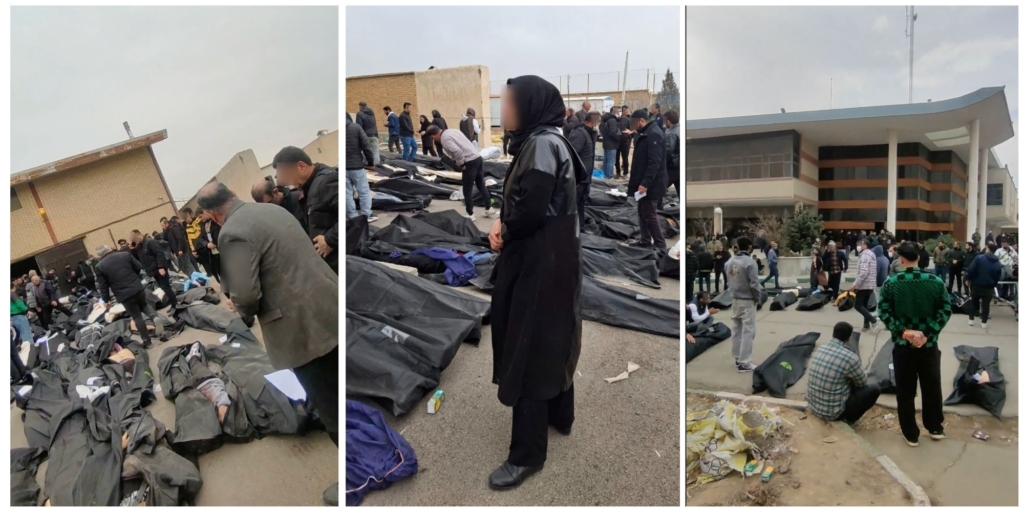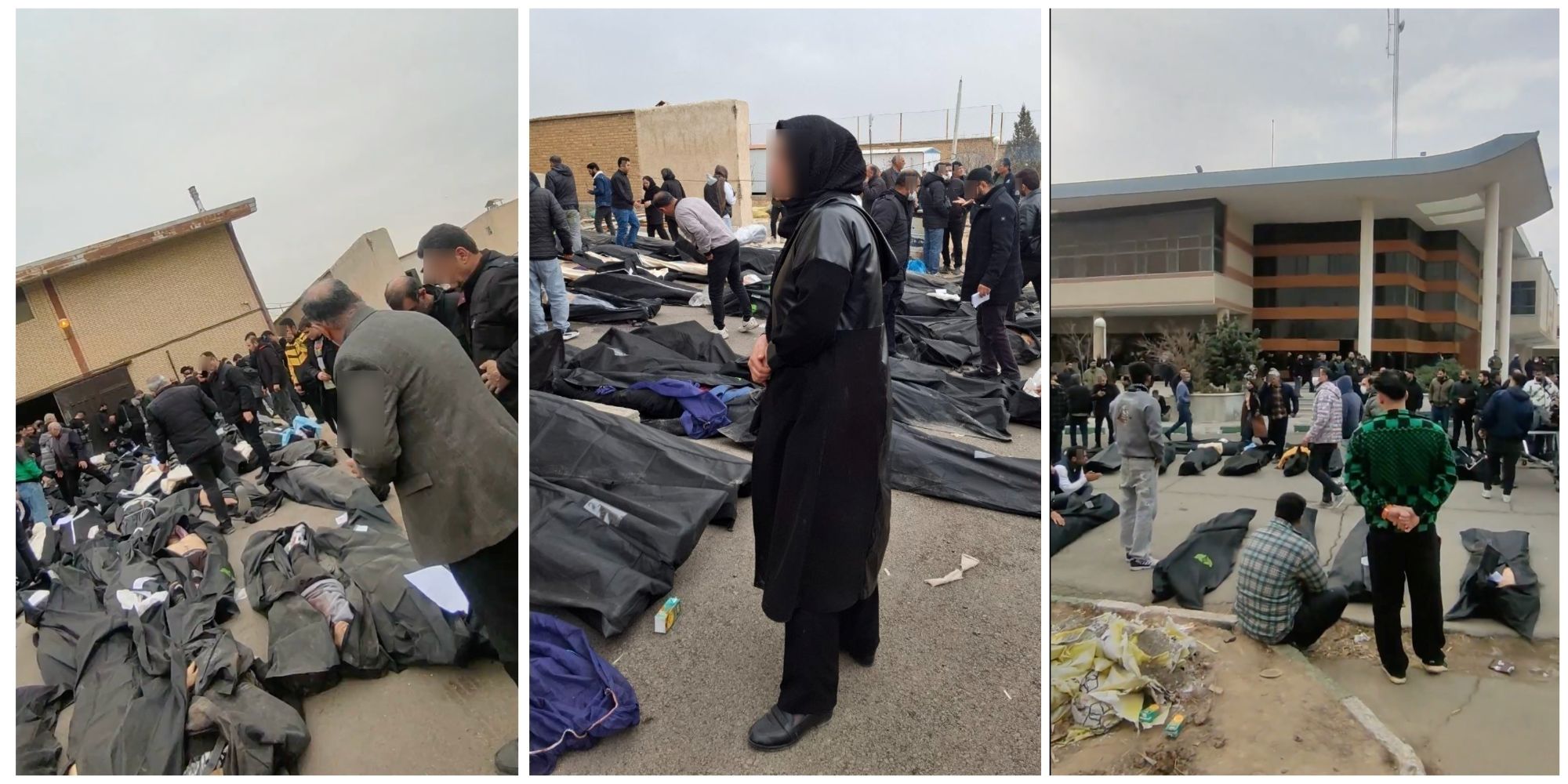At least 77 people died as a result of clashes between police and protesters at Kyiv’s EuroMaydan roughly a year ago and another 1,000 were severely injured.
These numbers may sound like dull statistics, but for me they were transformed into real individual stories of injustice as I attended launch of Amnesty International’s report: A year after EuroMaydan, justice delayed, justice denied in Kiev this morning. One of the most outspoken victims of police violence at EuroMaydan – Vladyslav Tsilytskiy – was present at the report launch.
Fighting for justice
Vladyslav, a 23 year-old computer programmer, came to central Kyiv on 20 January 2014 to join others who were peacefully protesting against systematic human rights abuses, corruption and a host of draconian laws adopted three days earlier. This day witnessed one of the heaviest police crackdowns on the protesters. Valdyslav was captured by members of the riot police force, Berkut. The Berkut officers handcuffed Vladyslav, beat him, grabbed his face and dragged him by the lips and sprayed tear gas on his genitals. His beating by police was recorded on a video.
Vladyslav lodged a complaint about his ill-treatment, but as other victims of police abuse in EuroMaydan, he has never been questioned as a victim, and has received no information about the investigation into his complaint.
Out of hundreds of victims of violence at EuroMaydan, many have remained silent. I asked Vladyslav why he spoke out. He replied that his fight is all about justice. “Requesting justice is the minimum I can do. I have hardly seen any results so far, but I am not going to give up. I am watching the video of my beatings over and over again to keep the anger alive so that I keep fighting for justice.”
Maydan today
After the press conference I walked to Maydan Nezalezhnosti (Independence Square), or simply “Maydan”, a square that was the battleground between police and protesters a year ago. Maydan is now all cleared from debris and looks like a typical central square of a European capital with opulent buildings and shiny statues of the city’s founders and medieval heroes.
Maydan is also filled with the memorial stands of modern Ukrainian heroes: the victims who sacrificed themselves at EuroMaydan for a better future in Ukraine at EuroMaydan. People are approaching their pictures, lighting up candles and praying.
No excuse for delaying justice
Some 600 kilometres east of the Maydan, the Ukrainian government’s main challenge is persisting: the recently signed Minsk agreement seems fragile with the fighting still ongoing between the pro-Russian separatists and pro-Kyiv forces in the town of Debaltseve. During my stay in Kyiv the representatives of civil society told me that the government uses the conflict as an excuse whenever accused of delaying justice for EuroMaydan, along with other internal problems, such as lack of capacity and resources of Ukrainian public bodies.
This week Kyiv is preparing for anniversary events to commemorate the EuroMaydan victims. The government installed a special stage on Maydan where the commemorative concert will be held and officials will make speeches.
I believe the best way for Ukraine to commemorate its lost heroes is to uphold those values for which the killed protesters sacrificed their lives, by investigating the EuroMaydan violence and bringing those accountable to justice. A year on, there should be no excuse for delayed justice.
Ukrainian activism survives
At the end of Amnesty International’s report launch, journalists got hold of Vladyslav to interview him. When asked if EuroMaydan was worth all the suffering, he unhesitatingly replied: “Yes, definitely, it was worth it. I would do the same again.”






















